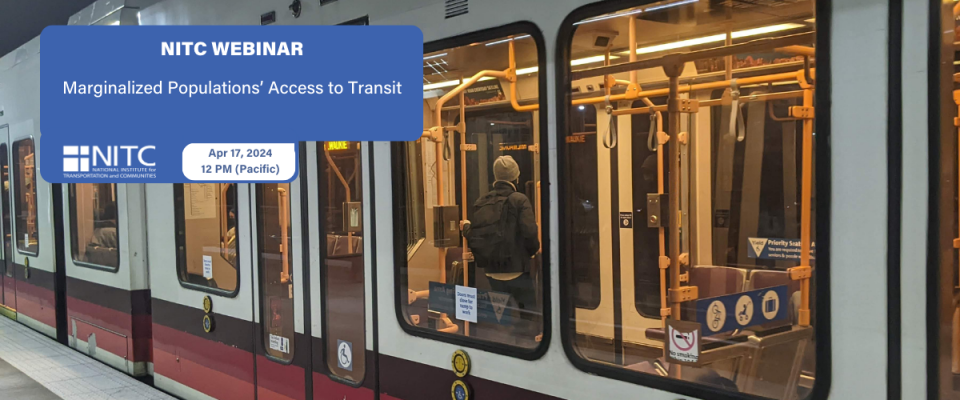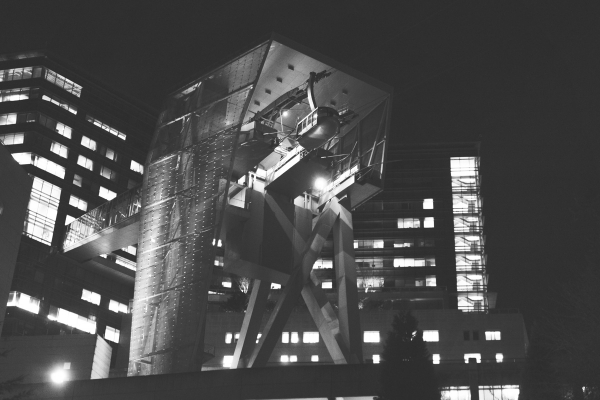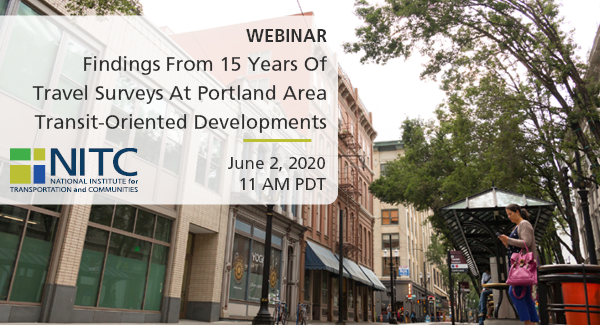The video begins at 2:45.
Topic: Skateboarding as Transportation: Findings from Exploratory Research
Bio: Tessa Walker is currently completing her thesis on non-motorized transportation and qualitative research methods with supervision from Dr. Jennifer Dill and Dr. David Morgan. For more information on her thesis research please visit the Skate Study PDX website (http://www.skatestudypdx.wordpress.com). Tessa has previously worked in town planning in Vermont, sustainability auditing in Massachusetts, and in bicycle and pedestrian transportation research with the Family Activity Study at PSU. She is currently an intern at the public opinion research firm DHM Research, and she will be a 2013-2014 Hatfield Fellow.



